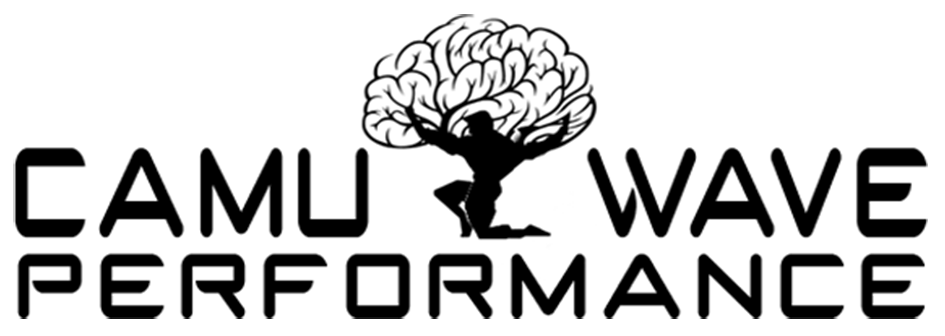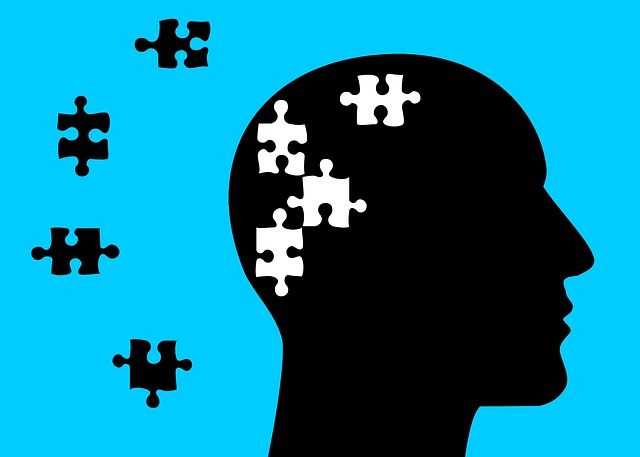In my last article, I talked about the characteristics of mental strength and how it is something that can actually be trained. By developing different mental skills, one can train to become more mentally strong. My last post also mentioned that every mental skill is important in its own way, and no single mental skill is independent from the others. They are all related, they all help increase mental strength and, with that, improve performance. Together they make up what I like to call the Mental Skills Tool Belt.
The mental skill that I have found to be the cornerstone of the Mental Skills Tool Belt is awareness.
According to Merriam-Webster dictionary, awareness is the knowledge, consciousness or perception of a certain thing or event.
My definition of awareness is more nuanced; it centers on cultivating knowledge of yourself, your abilities, your thoughts, as well as where you are physically, mentally and emotionally. There is a saying by Aristotle that I find to be truer every day: “The more you know, the more you realize how little you know.” I like this quote, especially when talking about awareness, because once you start to go down the path of awareness (self-awareness to be precise), you start to notice your strengths, your weaknesses and your limits. By noticing these traits, you will start to realize that there is always something that you can improve upon, as well as new challenges to try and learn from, whether that may be improving upon or learning a new skill or strategy, or reaching a level you didn’t think you could. Once you start to become more aware, there is no escaping the change that this will spark.
As a performance coach and personal trainer, my first step when meeting with a new client is to review a series of in-depth questions to gain a better understanding of the person. This step aligns with the training progression I use. The knowledge that I gather from these questions helps me to be more aware of what this individual is like, what their needs are and how they will respond to the training. These questions can also stimulate self-awareness within the individual by helping them think and talk about their strengths, weaknesses, sources of stress, sources of motivation, and so forth. They may also gain insight into the possibilities for our training sessions and how we can direct our work together.
In my experience, I have witnessed that as an athlete builds self-awareness, they begin to change. The development and practice of the other mental skills will follow soon after. By knowing what the other mental skills are, how to train them, and how to apply them, the mental skills training program will become clearer and easier to grasp. Keep in mind though, just because it’s easier to grasp, it doesn’t mean it will be easy. Like any skill development, it is important to practice, keep track of improvements and, most importantly, know how to fail.
If you would like to increase your mental strength, I suggest starting with these basic actions:
- Listen to yourself — keep track of the kind of things that you tell yourself.
- Listen to and accept feedback — you can’t always know what you are doing wrong because you may be too close to it; take people’s advice and feedback, and apply it in order to improve.
- Use video or audio – whether it is a sport specific skill that you are trying to improve (like a golf swing or free throw shooting, etc.) or a work-related skill (like a speech or a sales pitch) record yourself and give yourself some feedback.
- Learn your strengths and weaknesses — focus on your strengths, in order to apply them when needed and develop confidence, and use your weaknesses as focus points to develop motivation.
- TAKE A BREATH.
- Reach out to us to schedule a conversation with one of our coaches.
Yours in mental and physical health,
Santiago


Recent Comments